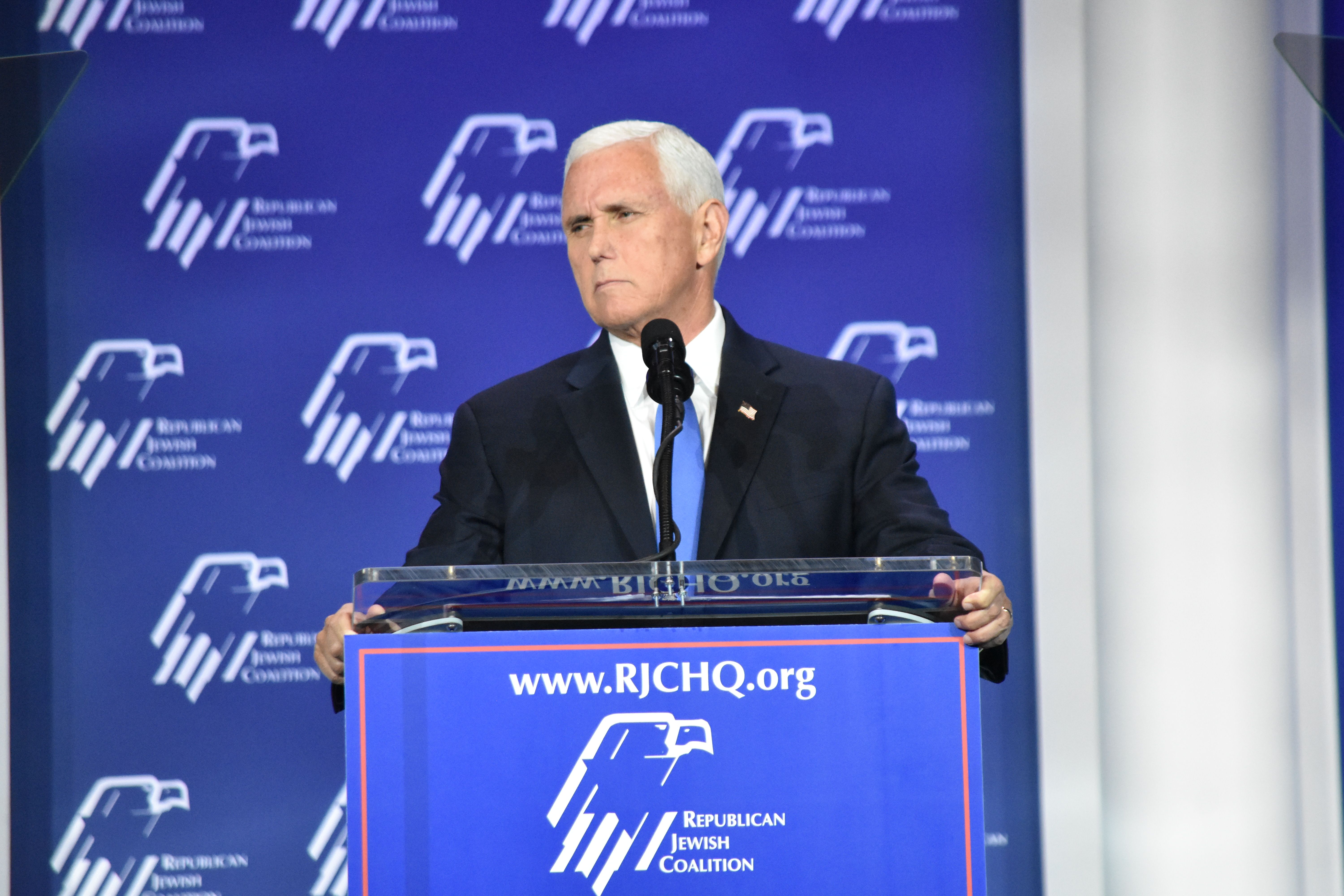On Saturday, former US Vice President Mike Pence dropped out of the presidential race for the GOP nomination, saying that "this is not my time.”
After six months of campaigning, Pence had failed to galvanize a large enough base of support and donations. Bowing out erased the funding needs but it also may have spared Pence the embarrassment of potentially failing to qualify for the third Republican primary debate on Nov. 8. As of Friday, four candidates had qualified: Florida Gov. Ron DeSantis, former UN Ambassador Nikki Haley, businessman Vivek Ramaswamy, and former New Jersey Gov. Chris Christie.
Pence did not endorse any of his former rivals, but in what was seen as a dig at former President Donald Trump, he said “I urge all my fellow Republicans here, give our country a Republican standard-bearer that will, as Lincoln said, appeal to the better angels of our nature, and not only lead us to victory but lead our nation with civility."
Trump has since asked for Pence’s endorsement, noting that “I made him vice president.” But he also noted that “people in politics are very disloyal” – a swipe at Pence’s refusal in 2020 to disallow electoral votes that had elected Joe Biden.
The other thing Trump has his eye on is his former Veep’s possible testimony at his federal trial on charges he tried to steal the 2020 election from Biden during the Jan. 6 insurrection on Capitol Hill.
While polls show that Trump remains far ahead of the competition for the GOP nomination, his legal woes appear to be his greatest obstacle: Trump is facing four legal proceedings, including one in Georgia on charges of “criminal conspiracy.” If reelected, he might be able to pardon himself of some charges, but not of state-level charges.